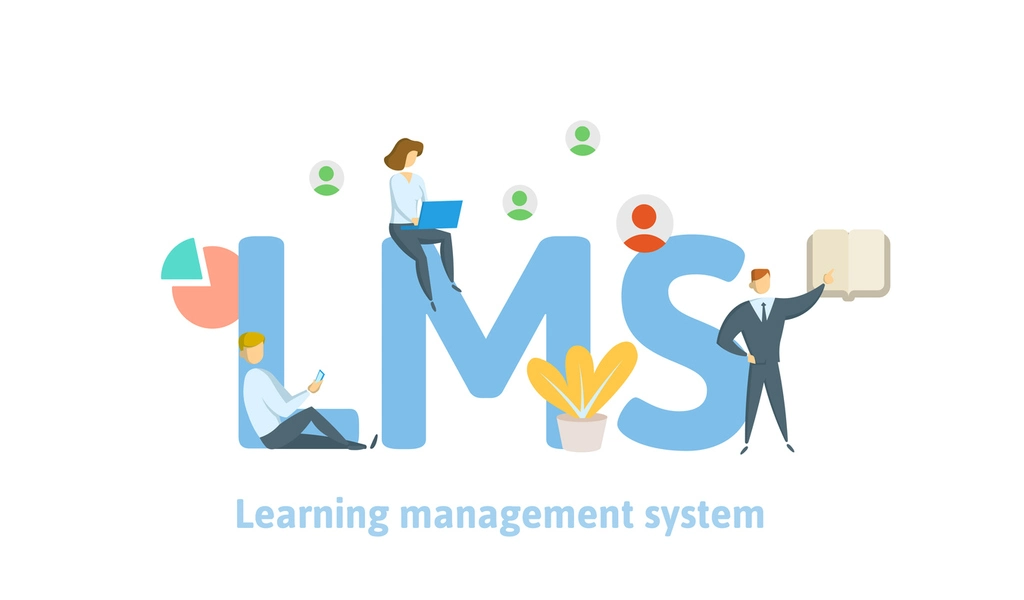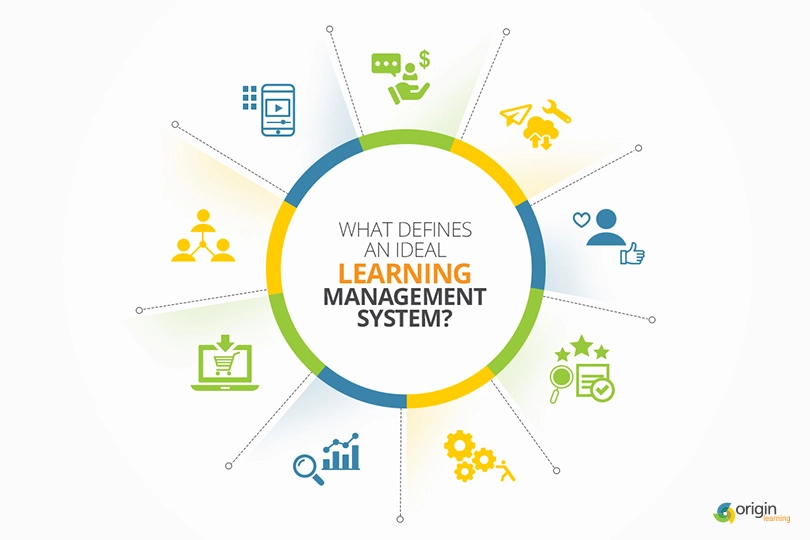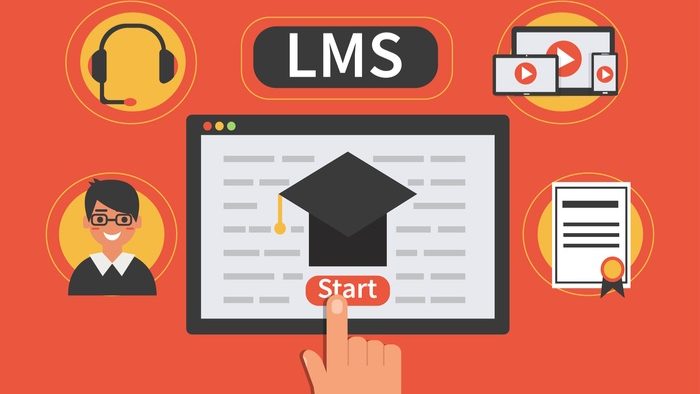Learning
Learning Management Systems (LMS): Features, Benefits, And Choosing The Right One For Your Business

(CTN NEWS) – Learning Management Systems (LMS) is essential for modern businesses to manage employee training and development programs. They provide a centralized platform for creating, delivering, and tracking learning content, making it easier for organizations to train their workforce effectively.
This article will discuss the features, benefits, and how to choose the right LMS for your business.
What is a Learning Management System (LMS)?
A Learning Management System (LMS) software application helps organizations manage and deliver training and development programs.
It is a centralized platform that allows businesses to create, deliver, and track learning content, including courses, quizzes, and assessments.
LMSs enable businesses to manage employee training and development programs more efficiently and effectively.
Types of LMSs
There are three main types of LMSs:
- Cloud-based LMS – Also known as Software-as-a-Service (SaaS) LMS, these systems are hosted on the cloud and accessed through a web browser. They are easy to set up, manage, and maintain, and are popular with small to medium-sized businesses.
- Open-Source LMS – These LMSs are free and customizable, making them popular with businesses with a dedicated IT team. Open-source LMSs allow businesses to modify the code to suit their needs but require technical expertise to set up and maintain.
- Self-Hosted LMS – These LMSs are hosted on the organization’s servers, providing greater control over the system’s features and functionality. Self-hosted LMSs require significant IT resources to set up and maintain and are more popular with large businesses.
Features of an LMS
LMSs have various features that allow businesses to manage their training and development programs effectively. Here are some of the key features:
- Course Creation and Management – LMSs allow businesses to create and manage courses, including content, assessments, and quizzes.
- Content Delivery – LMSs deliver learning content in various formats, including video, audio, and text-based content.
- Tracking and Reporting – LMSs track and report on learner progress, providing businesses with valuable insights into the effectiveness of their training programs.
- Collaboration – Some LMSs include collaboration tools that allow learners to interact with each other and the instructor.
- Mobile Learning – LMSs enable learners to access training content on their mobile devices, providing greater flexibility and convenience.
Benefits of an LMS
Using an LMS offers several benefits to businesses, including:
- Cost-Effective – LMSs eliminate the need for physical training materials and venues, reducing training costs significantly.
- Flexibility – LMSs allow learners to access training content at any time, from any location, making it easier to fit learning into their schedules.
- Consistency – LMSs provide a consistent learning experience, ensuring all learners receive the same training content and assessments.
Choosing the Right LMS
Choosing the right LMS for your business can be daunting, but ensuring that your training and development programs are effective is crucial. Here are some factors to consider when choosing an LMS:
- Business Needs – Assess your organization’s training needs and identify the essential features for your business.
- User-Friendliness – Choose an LMS that is easy to use for both learners and administrators.
- Scalability – Consider the LMS’s ability to handle your business’s growing training needs.
- Support and Training – Look for an LMS provider offering comprehensive support and training to ensure you can maximize your investment.
- Budget – Choose an LMS that fits your budget without compromising essential features.
How to Implement an LMS
Implementing an LMS can be a complex process, but it can be made more manageable by following these steps:
- Set Clear Objectives – Define your goals for implementing an LMS, such as improving employee performance or reducing training costs.
- Identify Key Stakeholders – Involve all stakeholders in the implementation process, including the IT team, HR, and senior management.
- Select the Right LMS – Choose an LMS that fits your business needs and budget.
- Customize the LMS – Customize the LMS to fit your business’s branding, learning objectives, and employee needs.
- Train Users – Train administrators and learners on how to use the LMS effectively.
- Monitor and Evaluate – Monitor learner progress and evaluate the effectiveness of the LMS regularly.
Best Learning Management Systems (LMS)
There are several LMSs available on the market, each with unique features and benefits. Here are some of the best LMSs:
- Opigno – is an open-source e-learning Drupal-based LMS solution. They can build, design and maintain your custom learning management system.
- Moodle – A popular open-source LMS that is highly customizable and flexible.
- Adobe Captivate Prime – A cloud-based LMS that provides advanced reporting and analytics features.
- SAP Litmos – A cloud-based LMS that is easy to use and offers a range of features.
- Docebo – A cloud-based LMS that provides a comprehensive range of features, including gamification and social learning.
- Cornerstone OnDemand – A cloud-based LMS that provides a range of features, including career development planning and employee performance management.
Case Studies
Several businesses have successfully implemented LMSs to improve their training and development programs. Here are some case studies:
- IBM – IBM implemented an LMS to provide its global workforce with a standardized learning experience, reducing training costs by 50%.
- T-Mobile – T-Mobile implemented an LMS to provide its employees with a consistent learning experience and improved compliance training.
- Hilton Worldwide – Hilton Worldwide implemented an LMS to provide its employees with a flexible learning experience and improved compliance training.
Future of LMS
The future of LMS looks promising, with the increasing demand for remote and online learning. LMSs will likely become more user-friendly, customizable, and integrated with other HR systems.
Conclusion
Learning Management Systems (LMSs) are essential for modern businesses to effectively manage employee training and development programs.
They provide a centralized platform for creating, delivering, and tracking learning content, making it easier for businesses to train their workforce.
Choosing the right LMS is crucial; businesses must consider their needs, budget, and user-friendliness. The future of LMS looks promising, with increasing demand for remote and online learning.
RELATED CTN NEWS:
Understanding Electricity: A Beginner’s Guide





















![Play Online Blackjack In Australia [2024]: Top 10 Online Australian Blackjack Sites 30 Play Online Blackjack in Australia [2024]: Top 10 Online Australian Blackjack Sites](https://www.chiangraitimes.com/wp-content/uploads/2024/03/word-image-303235-1-80x80.jpeg)













